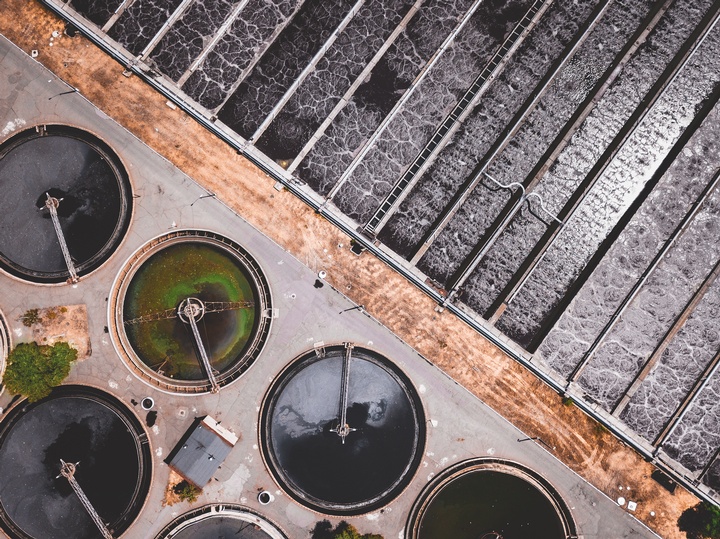Waste water disposal in Lower Austria: private households face a disproportionate burden

In the municipality of Krems (Lower Austria) and at the wastewater association of Trumau-Schönau (Lower Austria), the charges for waste water disposal are not allocated based on the polluter-pays principle. Private households in Krems, for example, bear two-thirds of the sewerage charges, although they only produce 56 per cent of the wastewater. This is revealed by the report "Discharge of Industrial Waste Water" published today (in German) by the Austrian Court of Audit (ACA). In concrete terms, the ACA audited the discharge of industrial waste water at the Lower Austrian municipal wastewater associations of Krems an der Donau, Langenlois-Schönberg am Kamp and Trumau-Schönau and at the municipal company Kläranlage Mödling. The audited period spanned the years from 2014 through 2018.
If the composition of waste water differs from that of waste water produced by private households, it will be referred to as “industrial waste water”. Entities that discharge such waste water into collecting systems are referred to as indirect dischargers. Typically, such entities are producing companies, institutional catering companies as well as companies in the medical, agricultural and industry sector. For industrial waste water, certain conditions must be met since such waste water could impede the performance of waste water treatment plants, and limit values for waste water could be exceeded. The companies would only be allowed to discharge such waste water with the consent of the competent sewerage company and would have to prove that they do not discharge unauthorized waste water. Furthermore, they would have to comply with emission controls.
Gaps in registered companies
However, as disclosed by the ACA’s auditors, none of the audited sewerage companies could present a complete list of indirect dischargers. While the municipal waste water association of Krems failed to actively collect the indirect discharges, the municipal company Kläranlage Mödling was not supported by all municipalities. The municipality of Maria Enzersdorf, for example, did not disclose any indirect dischargers due to data protection concerns.
The Water Rights Act (Wasserrechtsgesetz) 1959 provides for administrative penalties for infringements related to indirect discharges. Despite numerous indications with regard to unlawful conduct, only very few proceedings were conducted between 2014 and 2018 since the municipal administration did not report any infringements. Even when limit values were exceeded, no reports were filed.
Proportionally higher burden for private households
When it comes to the charges to be paid for the use of sewerage services, the size of the buildings and the number of the storeys connected to the sewer is decisive. This results in the fact that companies that produce much or heavily polluted waste water are usually benefiting from the regulations. The municipality of Krems, for example, imposed sewerage charges amounting to EUR 9.53 million in 2017, of which EUR 6.27 million were related to residential buildings and EUR 3.16 million to buildings used for other purposes, such as schools, companies and hospitals. Three companies paid an additional sum of overall EUR 102,687 as a share of charges for contaminant load. While the 29,717 inhabitants of Krems produced slightly more than half of the waste water and used only 30 per cent of the cleaning performance of the waste water treatment plant, they had to pay two-thirds of the charges incurred. Also as regards the municipal waste water association of Trumau-Schönau, the companies benefited from such regulations. The data provided by the municipality of Mödling do not provide sufficient information regarding an allocation of charges based on the polluter-pays principle.
The ACA recommends the following: the province of Lower Austria should consider options for an amendment of the calculation of the charges to be paid for the use of sewerage services. This should facilitate an allocation of charges based on the polluter-pays principle between the households and the companies. Furthermore, such an amendment would also create an incentive for companies that produce heavily polluted waste water to adopt measures in view of reducing contaminant load.
Moreover, the sewerage companies should actively seek to ensure that industrial waste water is only discharged after a written consent and in compliance with the statutory requirements.
- pdf Datei:
- 3,213.5 KB
- Umfang:
- 86 Seiten


